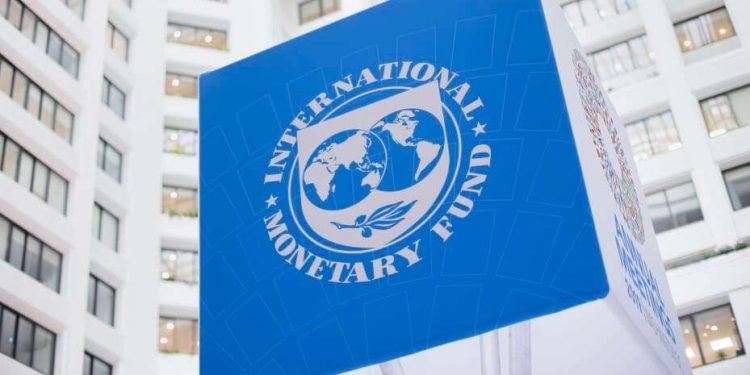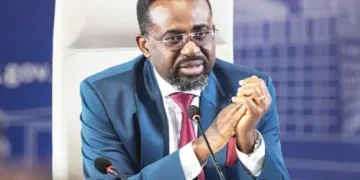Ghana a relapsing IMF intensive care patient – IMANI Africa says
Policy Think Tank, IMANI Africa, has described Ghana as a relapsing intensive care patient of the International Monetary Fund (IMF).
The assertion of the Think Tank is premised on the country’s continuous request for Extended Credit Facility (ECF) and Extended Fund Facility (EFF) programmes from the Fund.
According to IMANI, Ghana, over the last four decades has been returning to the IMF for the ECF and EFF programmes, an indication that the country is failing to reform or change the structure of its economy, which is the basic objective of the aforementioned IMF programmes.
In a report brief on Ghana’s recent request for a Balance of Payment (BoP) Support Programme from the Fund, IMANI explains that the ECF and EFF programmes are meant for countries with fundamental structural problems.
Such countries, it notes in the report, have protracted BoP problems needing medium-term assistance.

The Think Tank holds the view that, Ghana’s sudden return to the IMF for the 17th time is due to its failure to properly complete its structural reforms in the 2015 Fund programme which the country exited in April 2019.

Touching on Ghana’s present debt to the IMF, IMANI pegs the country’s total debt to the Bretton Wood Institution at $1.8bn.
This constitutes Special Drawing Rights (SDR) Outstanding Purchases and Loans of 1,347.69m as at March 31, 2022.
Ghana, at the moment, has SDR worth 671.34m with a quota of 738m with the IMF.
“Half the world” hasn’t gone for a bailout
Honorary Vice President of the policy think tank, Bright Simmons, has dismissed claims that half the world is seeking an IMF bailout to restore confidence in their economy.
According to him such claims are unfounded.
“We have followed the debate quite closely and in the course of doing that some of the over politicisation of the debate continues to prevent a very thorough understanding of this IMF decision.
“The argument that some government spokespersons have made [to the effect that half the world has gone to the IMF] in order to confuse the debate does not hold,” he said during an interview.
He explained that given the various programmes under the IMF, it is “inaccurate” to say that half the world is seeking an IMF bailout.
“If you look at the programme, there are programmes like the Standby Agreement, Standby Credit facility, etc which are designed for economies that are doing relatively well but they have some short term, temporary problems and there is the second one called the credit facility which deals with protracted challenges.
“The distinction between the programmes is very important because we’ve heard lots of people make the point that a lot of countries have gone to the IMF without understanding what kind of programmes the IMF offer and the argument that half the world has gone to the IMF so it’s just a routine does not hold.”
He explained that such comment suggests that the problems the country is facing is temporary and will go away within a short period.
“That portrayal of things is not very accurate,” he stressed.
According to him, contrary to arguments that have been made, only 41 countries are actively on IMF programmes.
“Remember what happened in 2020 and 2021 where the IMF went to its board and allowed everybody in the world to come for money without having to undergo a programme or meet any specific conditions, that’s not a bailout. So to use that as basis to say that a lot of countries went for money, including Ghana, to persist that half the world has gone for an IMF bailout is just completely inaccurate,” he maintained.








